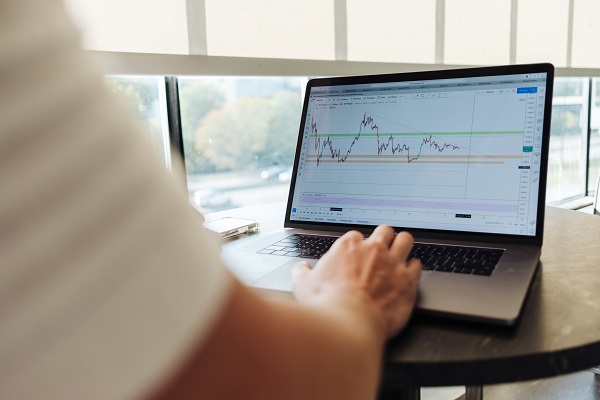|
Getting your Trinity Audio player ready...
|
Everyone remembers their first job and a first paycheque. It’s a precious moment, a tiny first step towards financial independence. By the way, if you have recently got your first job, then consider doing the below things, so that you won’t have any regrets related to finances in future:
Start an RD for short term (<2 years) goals:
If you want to buy that branded iPhone or dream to have a 200 cc sports bike or to go on the long-awaited Goa trip with friends, then start a Recurring Deposit (RD) of an appropriate amount for appropriate tenure from the moment you get your first paycheque. Moreover, you should give instructions to bank such that the amount for RD debited from your account on the salary day itself. It also surely bring financial discipline and will avoid you from the loan trap.
Investment in equity mutual funds for the short term goals should avoid, as market volatility would be higher and there won’t be a guarantee of fixed returns in such short span from Equity.
Increase your PF contribution by opting for VPF:
Every month 12% of your (Basic salary + DA) gets debited for Provident Fund contribution. Your employer also contributes the same amount to your PF account. But do you know you can increase this contribution towards PF by opting for Voluntary Provident Fund (VPF)? You will ask why I should think about the retirement corpus in my 20’s. Valid Question!
PF is not just for retirement. There are many clauses (marriage, buying a home, etc.) under which you can withdraw partial or full part of your PF. In COVID-19 crisis, the government allowed partial withdrawal from PF account to meet emergency expenses. You can read more about different rules for PF withdrawal here. Meantime, if you leave the job and start an enterprise on your own, this PF money can be of great help.
Moreover, PF is the most secured debt instrument with a sovereign guarantee and offers the highest rate of interest among all government schemes. You can easily opt for VPF through your company’s internal web portal or by contacting the accounts department and increase your VPF contribution in the range of 1% to 12% on top of current 12% PF contribution.
Do invest in Equity, but with proper knowledge:
By looking at the hefty gains during the last three months, one can get easily lured to put money into stock markets. A new category of Robinhood investors already formed, and they keep buying stocks without doing much research. But the market keeps correcting and rising, and it’s not easy to predict the mood of the market.
One must invest in equities, as it will help him/her to beat inflation and generate healthy returns in the long run. But doing it without proper knowledge or picking the stocks based on friend’s/news channel’s advice could turn into a disaster.
There are many online resources available for learning the basics of the stock market investment. If you don’t want to take that effort, take a service of good investment consultant and follow his advice regarding equities/equity mutual funds.
Remember this line you can do 9 to 5 job but to do all your wishes fullfill your Job not sufficient.Those who fear to invest in equity always in Sidelines in society.
Submit ITR from Year One:
Whether your income falls below the tax slab or it’s above the tax slab, you must file Income Tax Returns (ITR) from the same year you join your job. It’s essential, because in future if you wish to apply for any loan, then the banks will ask you for these ITRs.
Plus, filing ITR will make you aware of the tax structure and related investment exemptions. It is effortless to file ITR on Income Tax website, and there are many free tutorials available over youtube to assist you on that.
Credit Cards are not that bad! Use them wisely to boost your credit score.
You read it right! Credit cards are not that bad, as we Indians thought they are. Nowadays, most of the credit cards come with zero joining and annual fee. They offer an interest-free credit up to 45 days, and if you pay the credit card bills on time, it will significantly increase your credit/CIBIL score.
High credit/CIBIL score is good to have, as banks will determine your loan eligibility, loan amount and the interest rate based on that. Higher the score means you will get higher loan amount and that too at lower interest rate than the low credit score holders.
Build an Emergency Fund:
The same old story! Hey, but this is important. You must have realised the emergency fund’s need during this pandemic. It is advisable to have at least three months of your expenses as an emergency fund in some liquid form. You can keep it in a different savings account or breakable FD or some liquid mutual fund.
Last but not least, contribute something towards society:
Renowned author Robert Kiyosaki has said in his famous book ‘Rich Dad Poor Dad’ that, ‘More you GIVE, More you RECEIVE’. It works! You can start as low as Rs.100/month for now and can feel the joy of giving.
Disclaimer: This information is only for educational purposes. Please consult your own financial advisor before investing.
–@|<
You can check our daily analysis of stock markets by clicking here.


Good article. Must read for everyone who are yet to start financial planning.
Really nice article!